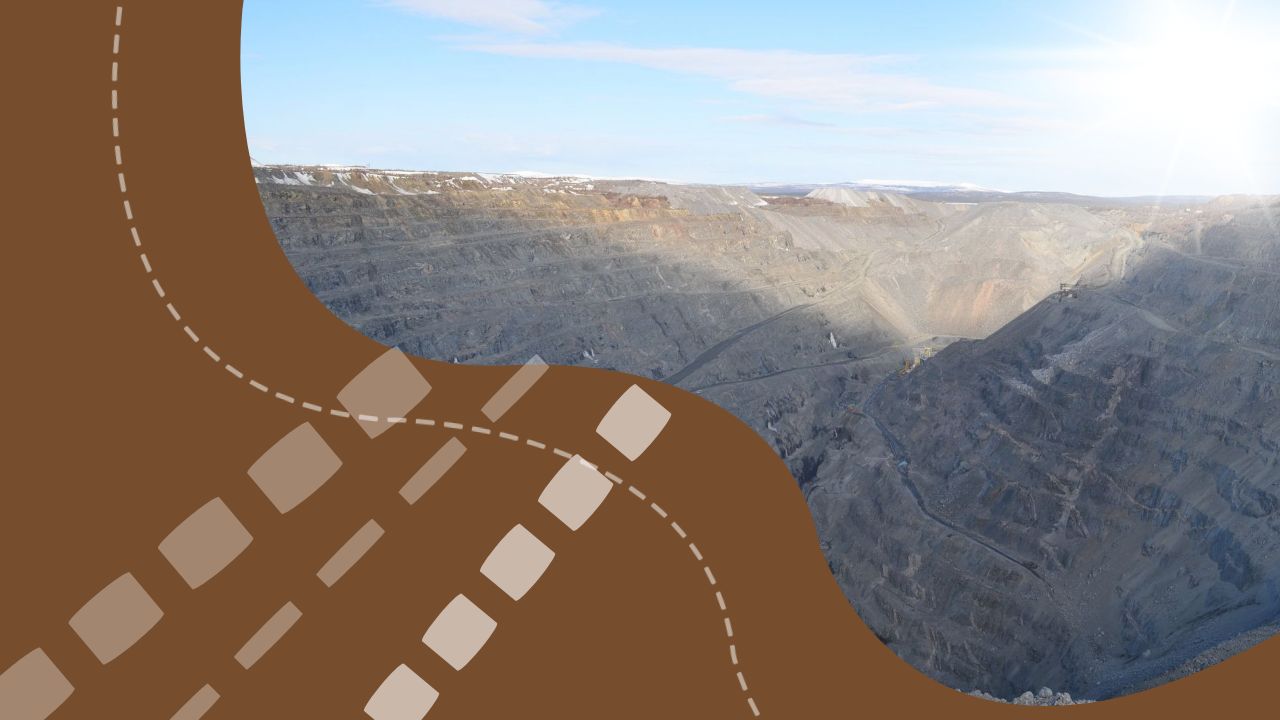Serbia is on the verge of granting Rio Tinto permission to develop Europe’s largest lithium mine, signaling a significant advancement for the continent’s electric vehicle sector. President Aleksandar Vucic has expressed confidence in securing the necessary guarantees from both Rio Tinto and the European Union to address environmental concerns regarding the Jadar site in western Serbia. Vucic expects to make a formal announcement about the project next month, provided that the demands for the entire value chain and robust environmental protections are met. The mine, projected to open in 2028, aims to produce 58,000 tonnes of lithium per year, which would account for approximately 17% of European electric vehicle production, equivalent to around 1.1 million cars. Vucic believes this venture could be transformative for Serbia and the broader region.
The Serbian government revoked Rio Tinto’s licenses in January 2022 due to protests led by environmental groups. Concerns over water pollution, displacement of residents, and post-mining area damage prompted the demonstrations, which resulted in blocked highways and bridges across the country. However, with President Vucic’s ruling SNS party winning most of the recent municipal polls, the government perceives an opportunity to revive the project. The potential revival of the deal with Rio Tinto, coupled with EU involvement, serves as a significant indication of Serbia’s geopolitical alignment as it attracts economic and political attention from China, Russia, and Gulf nations. Serbia has been an EU candidate country for over a decade, but its accession process has faced delays due to concerns about the rule of law and corruption.
President Vucic confirmed that the intention was never to hand over the mine to Chinese interests, as some EU officials had feared. He emphasized Serbia’s commitment to working with the European Union. Vucic also claimed that certain European states initially tried to undermine the Jadar deal but eventually changed their stance. The absence of domestic lithium production in Europe makes the Jadar mine crucial, as it could meet 13% of the continent’s projected demand by 2030. The project would significantly contribute to Serbia’s economy, potentially adding between €10 billion and €12 billion ($19.4 billion) to the annual gross domestic product.
Despite the potential resurrection of the deal, opponents of the mine, such as the environmental group Go Change, remain determined to continue their fight. They vow to defend ecological standards and constitutional rights, expressing their commitment to organizing further protests if necessary.
Chad Blewitt, Rio Tinto’s managing director for the Jadar project, stressed the company’s efforts to gain public support through extensive community engagement sessions. Rio Tinto released a draft environmental assessment that outlines potential impacts on water, air, and soil, emphasizing their commitment to transparency and compliance with Serbian and EU environmental standards.

